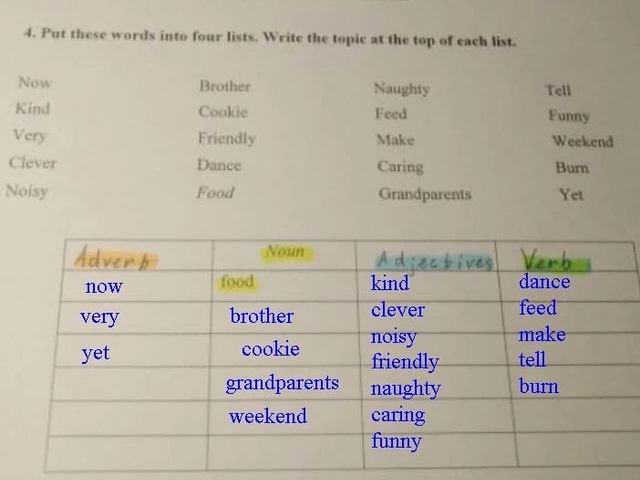Boost Your Emotional Intelligence Today
Ever wonder why some people seem to handle stress, conflict, and change with ease? The secret is often a high level of emotional intelligence (EI). It’s not a mystical talent; it’s a set of skills you can learn and practice. Below are simple steps that anyone can start using right now.
Get Clear on Your Own Feelings
First thing: notice what you’re feeling before you react. When you feel angry, ask yourself, “What’s really behind this?” Is it fear, disappointment, or maybe feeling unheard? Naming the emotion stops it from hijacking your thoughts. Try a quick journal note or a mental label – "I’m feeling frustrated because..." – and you’ll see a shift in how you handle the situation.
Read Others Like a Book
Understanding other people’s emotions is the flip side of EI. Watch body language: crossed arms, a sigh, or a quick smile can tell you a lot before words come out. When you’re in a conversation, repeat back what you think they feel – "It sounds like you’re excited about the new project, but also a bit nervous." This shows you’re listening and often encourages them to open up more.
Now that you have a grip on feeling and reading, put these skills into everyday moments. When a coworker snaps at you, pause. Instead of replying defensively, ask, "Is everything okay?" You might discover they’re dealing with a deadline, not you. In relationships, a simple "I noticed you seem quiet today – anything on your mind?" can prevent small issues from blowing up.
Another practical tip is to practice empathy through imagination. Picture yourself in the other person’s shoes, imagine their day, their pressures, their hopes. Even a few seconds of mental role‑play can change how you respond – you’ll be less likely to judge and more likely to help.
Don’t forget to manage stress, because high stress clouds emotional judgment. A five‑minute breath break, a short walk, or a quick stretch can reset your nervous system. When you feel calm, you’re better at spotting emotions and choosing a thoughtful response.
Feedback is gold for growing EI. Ask a trusted friend or a teammate, "Did I handle that meeting well? What could I improve?" Honest answers might sting, but they give you a clear map of where to focus. Write down the feedback and track progress over weeks.
Emotional intelligence also fuels better decisions. Before making a big choice, check in with your gut feeling. Ask, "How does this option make me feel?” If you feel uneasy, investigate why. That feeling often points to values or risks you haven’t considered.
Real‑life examples make EI relatable. Think of a manager who calmly guides a team through a sudden deadline change, acknowledging stress and offering support. Or a friend who listens without interrupting, turning a heated argument into a calm chat. These stories show that EI isn’t abstract – it’s visible in everyday actions.
Finally, make EI a habit, not a one‑off effort. Set a daily reminder to check your emotions, practice active listening, and reflect on interactions. Over time, the brain rewires, and you’ll notice responses becoming smoother and more authentic.
Ready to level up? Start with one tip today – label a feeling, ask a simple question, or take a breath break. Small moves add up, and soon you’ll find yourself navigating life’s twists with confidence and calm.

What is the scope of Life Coaching in India?
Life Coaching is an increasingly popular profession in India, as people are becoming aware of the benefits it offers. It can help individuals to identify their goals, develop strategies to achieve them, and build the skills and confidence to make positive changes in their lives. Life Coaching can also help to build resilience and emotional intelligence, enabling individuals to take control of their lives and make the most of their potential. It can be a valuable tool to help people to navigate through difficult life stages and develop self-awareness. With an increasing demand for life coaches in India, the scope of this profession is growing.
Jan 23 2023




